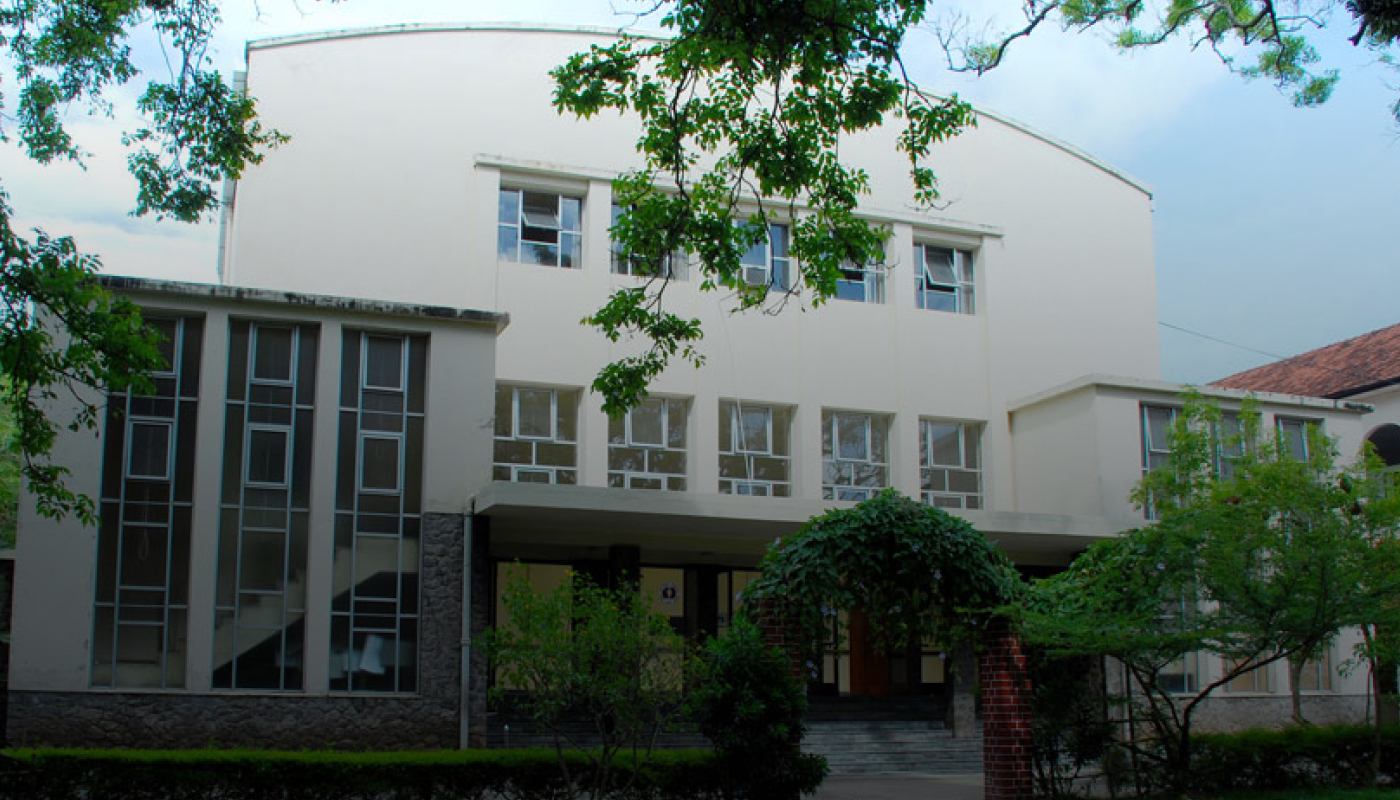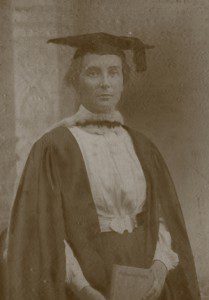OVERVIEW
The young Irish CMS missionary, Lilian Nixon with Elizabeth Whitney founded the College for ladies in 1900 on the highest ideals of Christian ethos and the liberal tradition of education balanced by discipline of the highest order that she herself had inherited from her years at Cheltenham.
Succeeding generations of Principals of Ladies’ College have clung tenaciously to these ideals. The school motto, the collective philosophy expressed by the seven principals during the last hundred years and the words of our school hymn epitomize the ethos of our school.
Quoting Ms Simon in her message to the 75th Anniversary Souvenir
I am convinced that there is an over-ruling power guiding, controlling and renewing us, individually and as a community, binding us together in spite of all that would divide us. How much we owe to the faith, love and integrity of the best of those who were here before and to those who are here now and continue to work and pray for this institution. One can only feel humble and grateful for God’s goodness to us
The Ethos of the school is epitomized in the collective philosophy expressed by the seven principals during these past one hundred years and is reflected in the words of the school hymn.
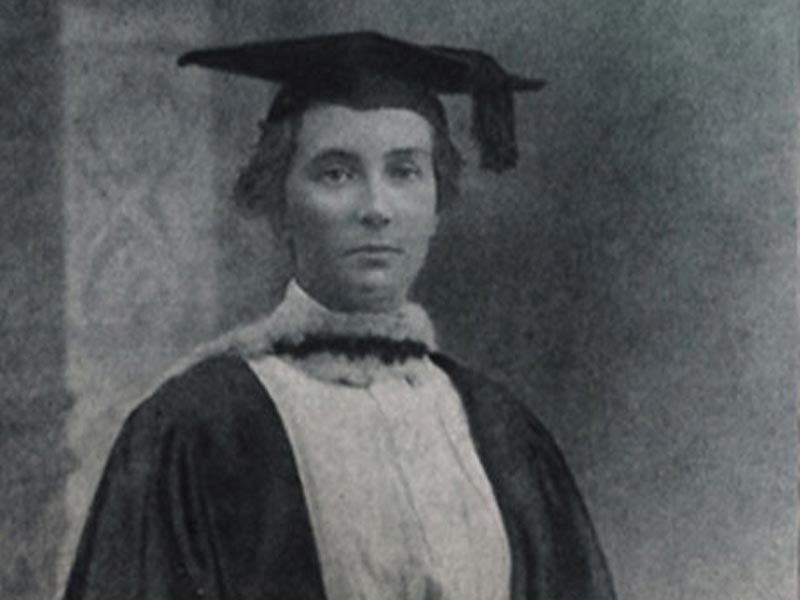
Lilian Nixon (Ireland)
From its very beginning, Ladies’ College was open to any girls who wished to study, Irrespective of their ethnic or religious background. Though Lillian Nixon was a devout Christian with a strong belief in the primacy of Christianity, she established a tradition of openness, and religious and ethnic tolerance that has remained despite the changing pressures of the passing years.
Her belief was that “Ladies’ College should be a place of sound learning, A place for full and varied and natural life, and a place for spiritual growth within the life of the Church” and that belief has been fulfilled in the passing years
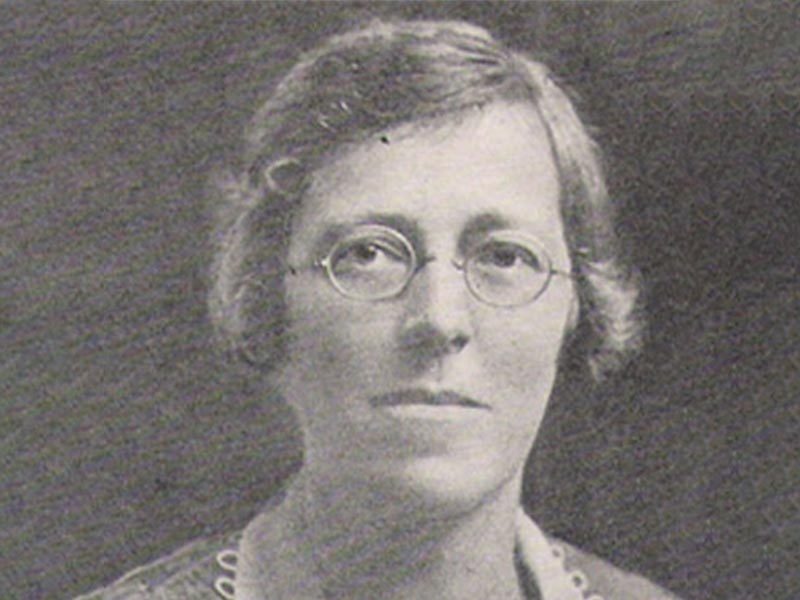
Gwen Opie (New Zealand)
The recognition of the fact that every child is a distinct individual is the basis on which we must build the edifice of our educational methods. To provide scope for originality and independent thinking, to inculcate into our pupils a due sense of the importance of service above self to the community at large and to bring home to them the realization of the prestige of the place that they must fill in after life – these are some of the ideals we endeavor to achieve .
Education assuredly means more a knowledge of the art of living than the science of learning . Rather would we be judged by the type of citizens we produce than by the number of distinguished scholars the school turns out
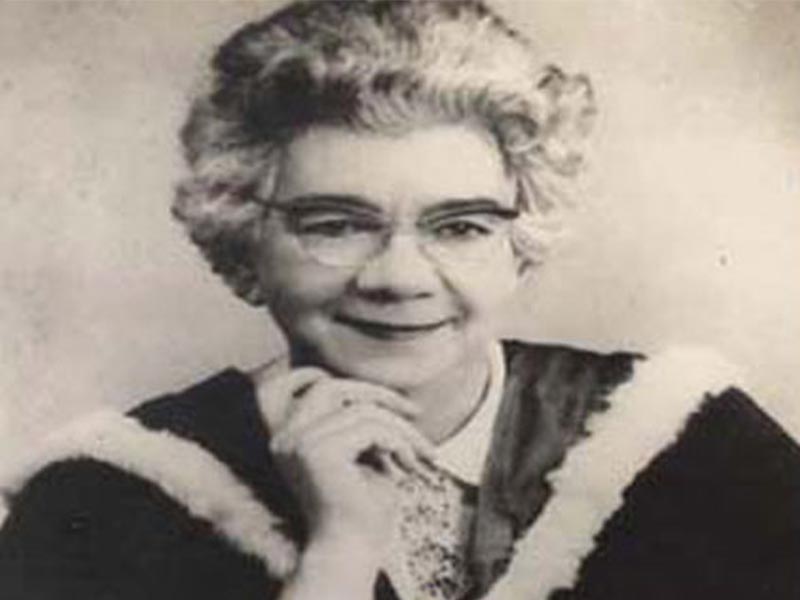
Mabel Simon (Australia)
In the fast-changing world of money and hype, Miss Simon advocated simplicity of lifestyle.
In school we try to replace competition with co-operation, the indulgence and passing whim with incentive, interest and satisfaction of some difficulty overcome, and the solid joy of achievement at the end
Centenary Volume
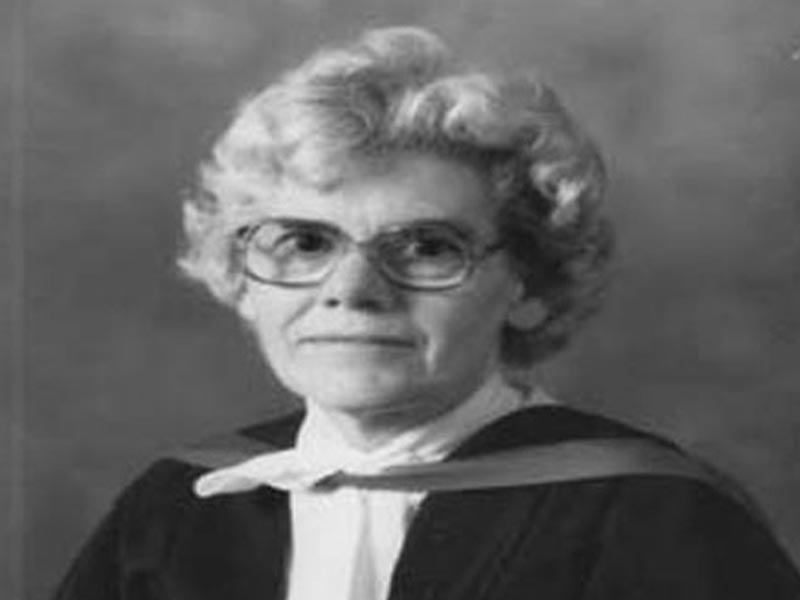
Olive Hitchcock (England)
Her vision of what children should be taught …
to work freely and openly, to discover for themselves the logical answers by experiment using practical situations derived from their environment, to apply short-cuts instead of tedious memorization and replace old time consuming grind with purposeful and meaningful activity
Principal’s report 1967
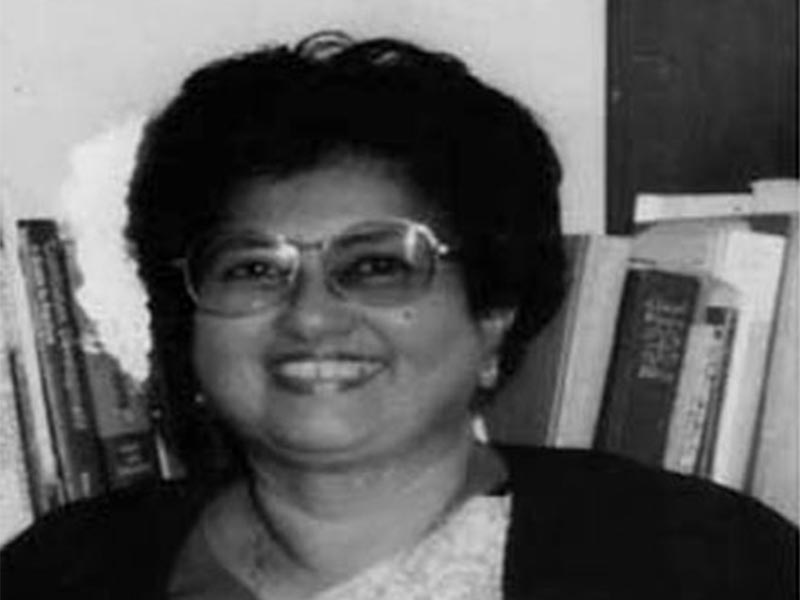
Sirancee Gunawardana (Sri Lanka)
An old girl of the school.
We have encouraged freedom for children to express their own views. To be courageous and contributing individuals who take responsibility without desire for position or power, who serve when there is need, unaffected by reward or recognition, and who could stand for the best in human aspirations whether best is in or out of favour. We respect the dignity of children so that they in turn will respect the dignity of others. We train them for a life of self discipline and integrity and, when searching for external triumphs to be conscious of the fact that deep rooted values have to be weighed against that which ephemeral
Principals Report
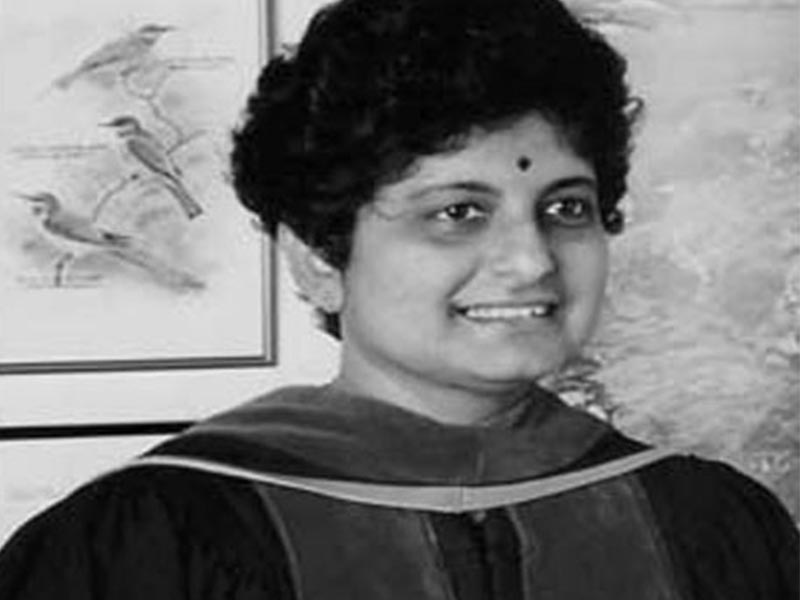
Dr.Sriyani Miththapala (Sri Lanka)
An old girl of Ladies’College and a past head girl.
At LC for the last century we have focused on value education. Fostering inter-ethnic harmony has been a hallmark of the ladies of ‘Ladies’. However our pride in this tradition, should not obviate the need to continue to work actively, to continue to work tirelessly and to work ceaselessly until our country has been rebuilt in peace in justice and until we are whole once again
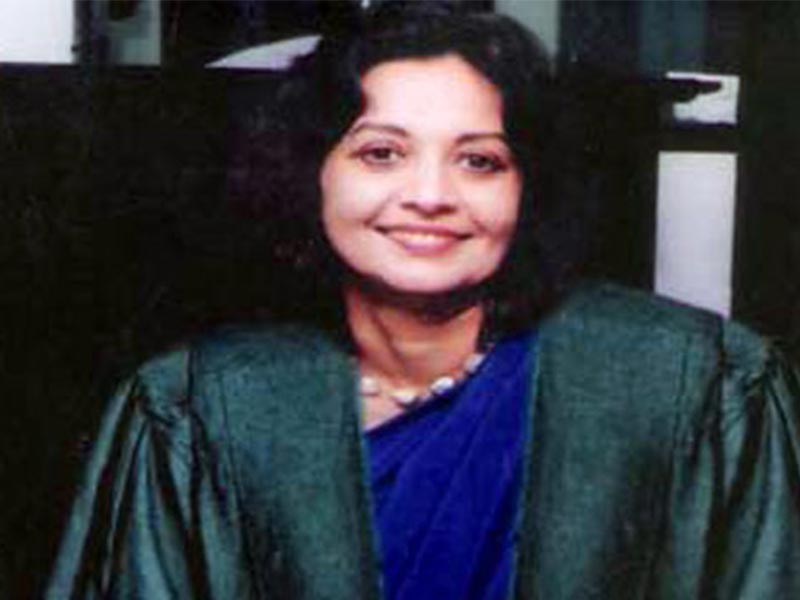
Nirmali Wickremesinghe (Sri Lanka)
An old Girl of Ladies College and a past college Prefect…
Students of Ladies College should strive to be accepted by everyone in this country anywhere in this country. They should develop the type of attitude with which they can integrate and feel they belong anywhere. While striving to achieve excellence at all times they should have ‘faith’ which is the basis of our motto, ‘courage’ without which we can achieve nothing, and ‘humility’ which are the key words necessary to develop a healthy attitude to live in society.
Principals Report
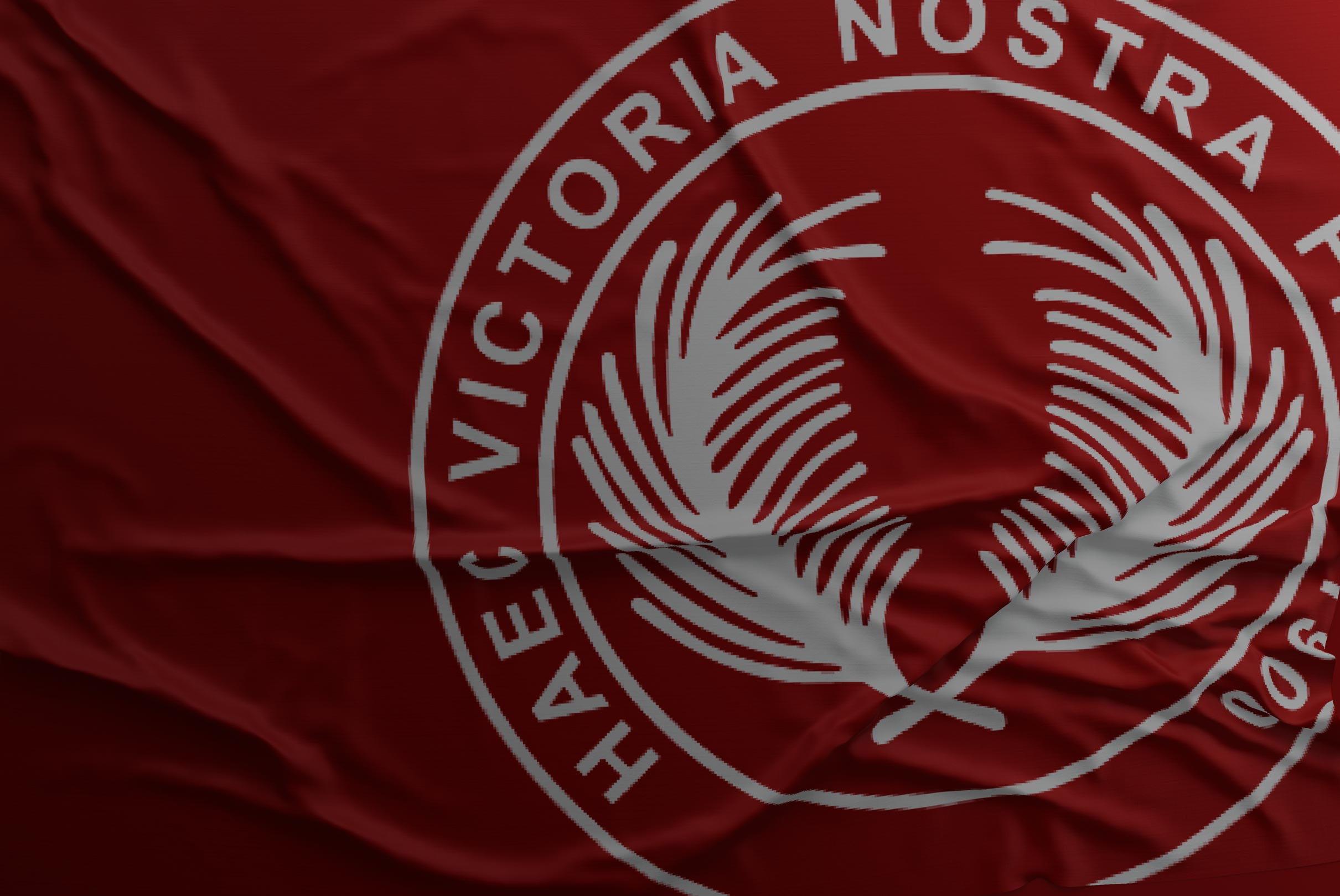
School Motto
& Crest

